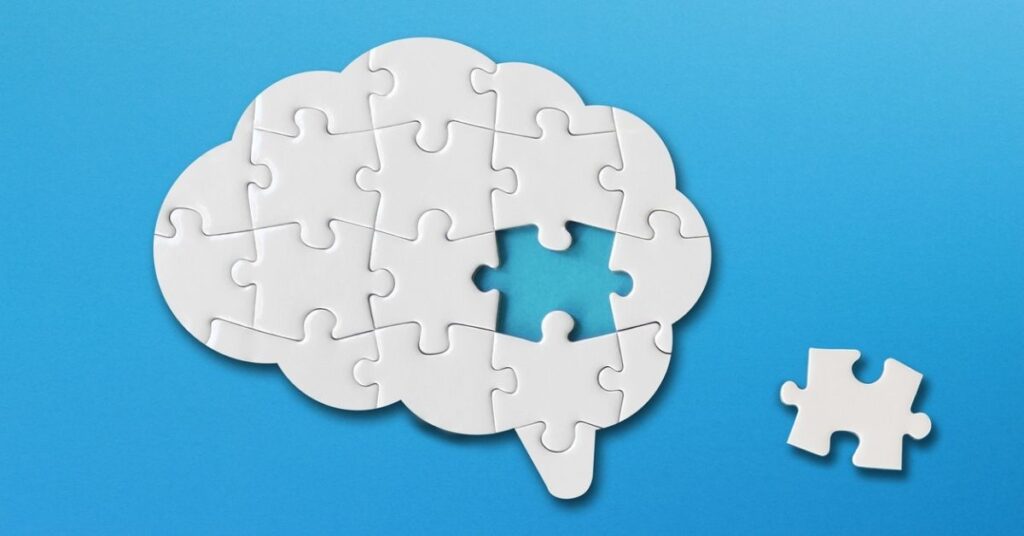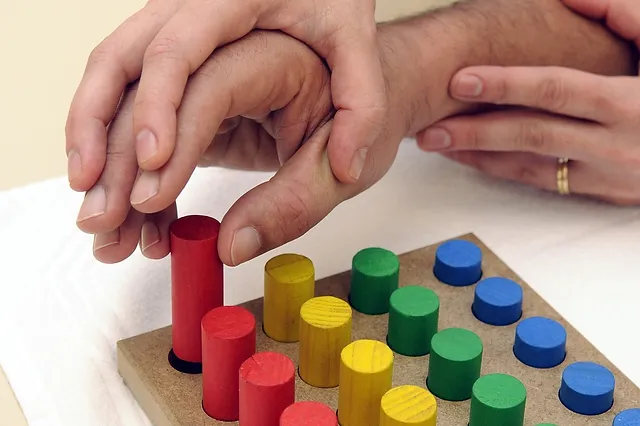Maintaining mental strength is essential for overall well-being and navigating life’s challenges. However, various factors can impact our cognitive abilities, such as aging, neurological conditions, or traumatic experiences. The good news is that cognitive rehabilitation exercises and techniques can help restore and improve mental strength. In this blog, we will delve into the world of cognitive rehabilitation and explore a range of exercises designed to enhance cognitive function, memory, attention, and problem-solving skills. Whether you’re seeking cognitive training for mental rehabilitation or simply want to boost your mental health, these exercises can be valuable tools on your journey to mental strength recovery.
What is Cognitive Rehabilitation?
Cognitive rehabilitation is a process aimed at restoring, improving, or compensating for cognitive deficits caused by various factors. It involves a structured approach that combines specific exercises, strategies, and techniques to target different cognitive functions. The goal is to enhance cognitive abilities, such as attention, memory, executive function, and information processing speed. Cognitive rehabilitation is applicable to a wide range of individuals, including those with neurological conditions, traumatic brain injuries, or age-related cognitive decline.
Cognitive Rehabilitation Exercises
Cognitive therapy exercises are purposeful activities designed to improve cognitive function, memory, attention, and problem-solving skills, empowering individuals on their journey to mental strength and well-being. Let’s explore some effective cognitive rehabilitation exercises.
Memory Enhancement Exercises: Memory plays a crucial role in our daily lives, and there are exercises specifically designed to improve memory function. One such exercise is the “Memory Palace” technique, where you mentally associate information with specific locations in a familiar setting. Other exercises include word association games, visual imagery exercises, and memory recall activities. These exercises can enhance memory encoding, retrieval, and overall recall abilities.
Attention and Concentration Exercises: Maintaining focus and concentration is essential for productivity and cognitive performance. Attention and concentration exercises can help improve these cognitive abilities. One effective exercise is “Focused Attention,” where you concentrate on a single task or stimulus while blocking out distractions. Another technique is “Divided Attention,” where you practice multitasking by engaging in multiple activities simultaneously. Additionally, mindfulness meditation can improve attention and reduce cognitive distractions.

Problem-Solving and Cognitive Flexibility Exercises: Problem-solving and cognitive flexibility exercises enhance your ability to adapt, think critically, and find creative solutions. Sudoku puzzles, crossword puzzles, and logic games challenge your problem-solving skills. Cognitive flexibility exercises involve tasks that require you to shift between different rules or perspectives, such as the “Alternate Uses” exercise, where you generate multiple uses for everyday objects. These exercises stimulate mental agility and promote flexible thinking.
Technology-Based Cognitive Training: Advancements in technology have led to the development of various cognitive training for mental rehabilitation programs and apps. These tools offer interactive exercises specifically designed for cognitive rehabilitation. Brain training exercises for mental strength, memory apps, and online platforms provide structured exercises that target different cognitive domains. They often track progress and adjust difficulty levels to ensure personalized and effective training. However, it’s important to choose reputable and evidence-based programs for optimal benefits.
Mind-Body Techniques for Mental Health Recovery: In addition to cognitive exercises, mind-body techniques are a major type of mental strength recovery exercises. Techniques such as yoga, meditation, deep breathing exercises, and progressive muscle relaxation promote relaxation, reduce stress, and enhance overall mental well-being. These practices can improve focus, attention, and emotional regulation, complementing cognitive rehabilitation exercises.
Conclusion
Cognitive rehabilitation exercises offer valuable tools for recovering mental strength, improving cognitive function, and enhancing overall mental health. From memory enhancement exercises to attention and problem-solving tasks, these exercises target specific cognitive domains. Integrating technology-based cognitive training and mind-body techniques can further enhance the recovery process. Remember, consistency and regular practice are key to obtaining optimal results. By incorporating cognitive rehabilitation exercises into your routine and exploring various mental health recovery techniques, you can actively work towards regaining and maintaining your mental strength.
Frequently Asked Questions
- How can cognitive rehabilitation exercises help in recovering mental strength?
Cognitive rehabilitation exercises target specific cognitive domains, such as memory, attention, and problem-solving, stimulating neural pathways and promoting mental resilience, ultimately aiding in the recovery of mental strength.
- What are some effective cognitive rehabilitation exercises for improving mental strength?
Some effective cognitive rehabilitation exercises for recovering mental strength include memory enhancement techniques, attention and concentration exercises, problem-solving tasks, and technology-based cognitive training programs.
- Are there specific cognitive rehabilitation exercises for memory improvement?
Yes, there are specific cognitive rehabilitation exercises aimed at memory improvement such as the Memory Palace technique, word association games, visual imagery exercises, and memory recall activities.
- How long does it take to see results from cognitive rehabilitation exercises?
The time it takes to see results from cognitive rehabilitation exercises can vary depending on factors such as individual abilities, consistency of practice, and the specific cognitive areas being targeted.
- Can cognitive rehabilitation exercises help with concentration and focus?
Yes, cognitive rehabilitation exercises can help improve concentration and focus. Exercises such as focused attention tasks, mindfulness meditation, and divided attention exercises can enhance cognitive abilities related to concentration and focus.

YAMINI
A passionate and dedicated psychologist with a deep understanding of human behavior and mental health. With a wealth of experience in the field, I have honed my skills in providing compassionate and effective therapy to individuals seeking support.

